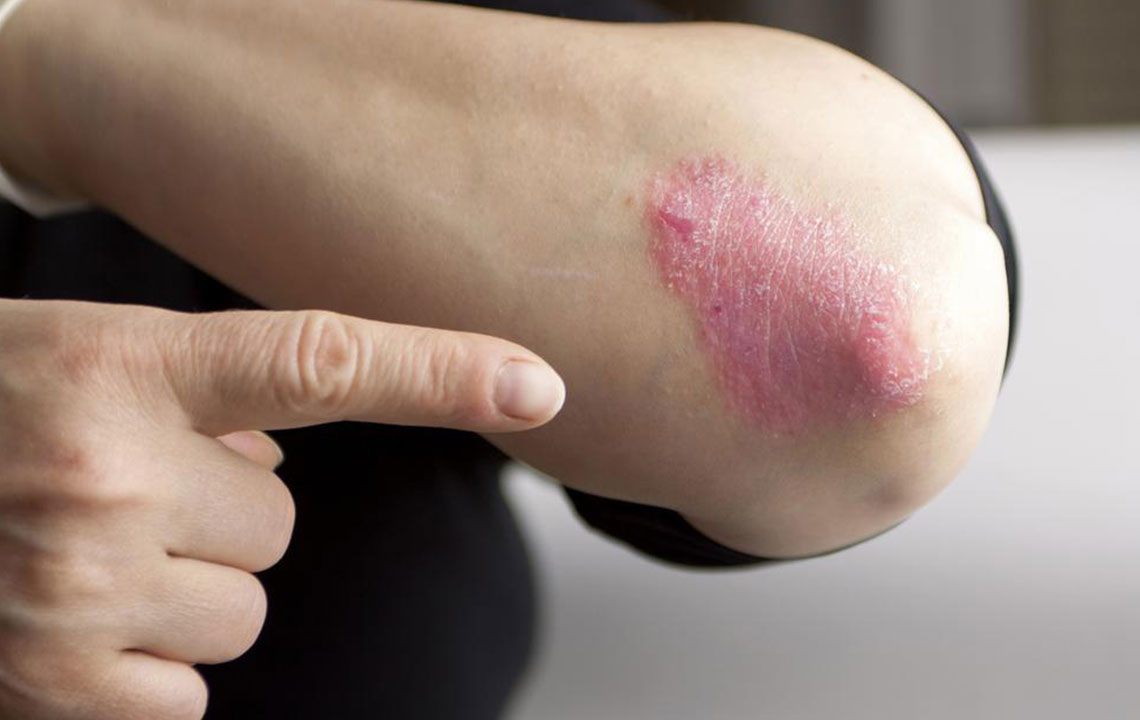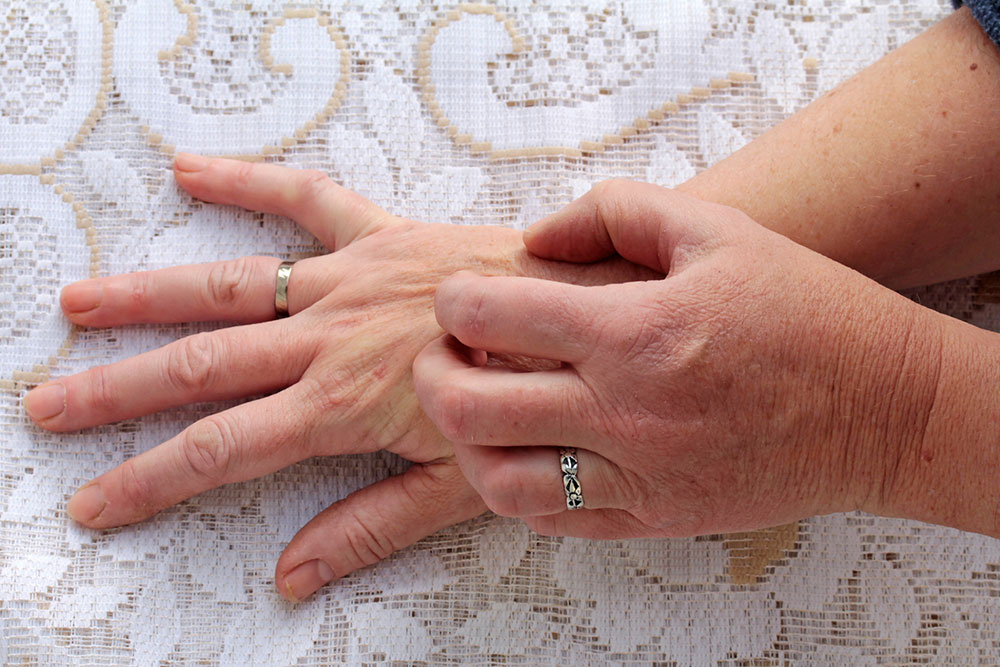Understanding Psoriasis: Symptoms, Causes, Diagnosis, and Treatment Options
This article offers an in-depth overview of psoriasis, covering symptoms, triggers, diagnosis, and modern treatments. It emphasizes lifestyle changes, mental health importance, and current management options to help sufferers reduce flare-ups and improve overall well-being. Understanding the condition’s causes and psychological impacts empowers patients to take proactive steps towards better health management.
Understanding Psoriasis: Symptoms, Causes, Diagnosis, and Treatment Options
Psoriasis is an autoimmune skin disorder affecting about 7.5 million individuals nationwide. Normally, skin cells renew every month, but in psoriasis, they do so almost daily, leading to thickened patches and scales. Managing this condition involves medication and lifestyle adjustments. Being aware of symptoms, root causes, and management strategies helps reduce flare-ups and improves quality of life.
What manifestations does psoriasis have?
This condition presents differently based on its type, often showing red, inflamed patches covered with silvery-white scales. These areas are frequently itchy, painful, and prone to cracking or bleeding. Severe cases can cause patches to merge and enlarge. Nail involvement may cause discoloration, pitting, and sometimes detachment. Psoriatic arthritis can also cause joint swelling and pain.

Factors behind psoriasis development
The precise cause remains unknown, but genes combined with environmental triggers contribute to its onset. Factors like injuries, emotional stress, infections, or medical procedures can worsen symptoms. Importantly, psoriasis is non-contagious, so there’s no risk of transmission. Genetic predisposition sometimes causes the disease to skip generations.
Diagnosis methods for psoriasis
Typically, individuals recognize skin issues through symptoms like itching, redness, and scaling. However, proper diagnosis requires professional evaluation. Dermatologists examine the common areas—scalp, ears, nails, elbows, knees, and abdomen—and consider family history. If diagnosis isn’t straightforward, a biopsy may be performed to confirm psoriasis.
Dietary strategies for psoriasis management
While diet alone doesn’t cure psoriasis, certain nutritional choices can help control flare-ups. Maintaining a healthy weight and reducing processed foods, red meats, dairy, and sugar can lessen inflammation. Incorporating lean proteins, vitamins, and anti-inflammatory foods supports skin health and minimizes attack severity.
Impact of stress on psoriasis
Stress is a known trigger for flare-ups. Managing stress through relaxation techniques can significantly reduce symptoms. Approaches like meditation, deep breathing, yoga, and Tai Chi improve overall well-being. Seeking therapy or mental health support can make a positive difference in managing both physical and emotional effects.
Emotional well-being and psoriasis
Psychological health influences disease severity. Psoriasis can affect self-esteem, induce depression, and lead to social withdrawal, creating a harmful cycle. Joining support groups offers emotional relief and shared coping strategies. Cultivating positive body image and social connections is vital in managing the psychological impact of psoriasis.
Current treatment options for psoriasis
There’s no cure for psoriasis, but treatments aim to control symptoms by reducing inflammation, scaling, and abnormal cell growth. Recent research indicates inflammation management may also lower risks of heart disease and metabolic conditions. Common therapies include topical medications, light therapy, and systemic drugs. Phototherapy using UV light is effective in targeting overactive immune cells that cause skin inflammation.










